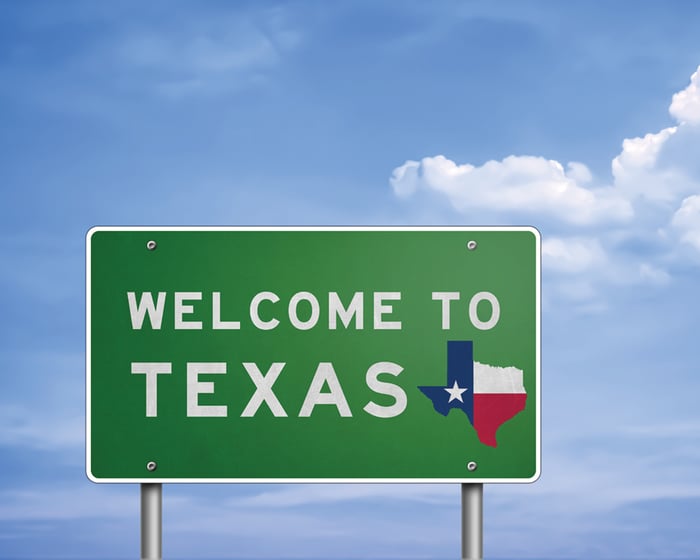Key Takeaways
- Exemptions.
- Industry-specific deductions.
- Spotting and tracking deductible expenses.
The Texas franchise tax is maddeningly complicated. Tax savings opportunities are hiding in that complexity. Alert businesses can lower their tax through exemptions, industry-specific deductions, and by accurately tracking deductible expenses.
Understanding Texas Franchise Tax
Texas franchise tax is a tax on gross receipts (with modifications), meaning it does not operate like an income tax. That means Public Law 86-272, providing certain protections against state income tax for businesses engaged in interstate commerce, does not apply to Texas franchise tax. The tax applies to corporations, partnerships, and S corporations, but not to disregarded single-member LLCs.
Exclusions from Gross Revenue
Businesses can minimize their Texas franchise tax liability by recognizing and applying allowable exclusions from gross revenue. These exclusions include:
- Federal excise taxes, state and local sales taxes, and state excise taxes if included in gross revenue
- Sales returns and allowances
- Dividends and interest from federal obligations
- Payments received from pass-through entities
- Certain foreign income
Spotting Deductions
Identifying additional company expenses to include in the Texas deduction for COGS can help reduce the franchise tax. Texas allows for a broad range of expenses, including direct labor costs, certain overhead expenses, and specific materials and supplies. For example, a manufacturing company could include extra production costs not reflected in their federal COGS, reducing the taxable base.
Utilizing COGS Method for Service Companies
Generally, service companies cannot use the Cost of Goods Sold (COGS) deduction for Texas franchise tax. The Texas Tax Code specifies that only entities producing or acquiring goods for sale can use the COGS method. However, there are exceptions for certain service companies that also produce tangible personal property as part of their services. For example, a software development firm creating and selling software products may qualify to include certain costs in COGS. Similarly, construction companies can include payments to subcontractors for the construction, improvement, or repair of real property in COGS.
Contact the Eide Bailly State & Local Tax Team to learn more.
We're Here to Help



